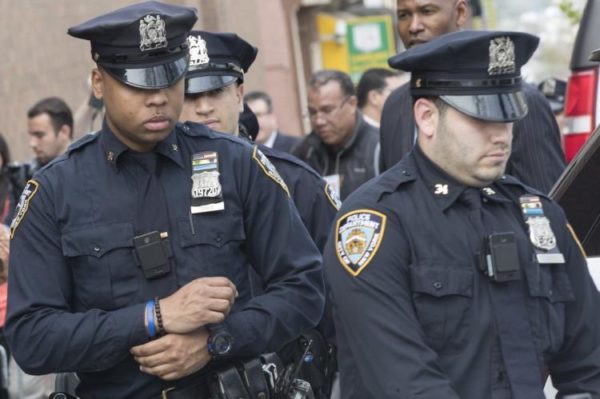December 7, 2011
By Marc Bussanich, LaborPress City Reporter
John Samuelsen, TWU Local 100’s President, said at last weekend’s membership meeting that conversations with Joseph Lhota have thus far been productive. The union’s contract with the MTA expires on January 15, 2012. One of the demands from the union, as presented by Samuelsen at the opening of bargaining at the Sheraton Hotel, is a fair wage increase. In response, the MTA issued its 2012 Final Proposed Budget whereby it wants no wage increases to avoid “ballooning deficits.”
Next week the union’s department heads will be meeting with their MTA counterparts. As with other unions that are clashing with the City over its increasing reliance on private contractors rather than on the already-trained union workforce, TWU Local 100 will demand from the MTA that it assign more work in-house.
Richard Rocco, Structure Division Chair within the Maintenance of Way (MOW) department, represents about 1,500 members in the trades such as painters, carpenters, welders, plumbers, ironworkers and tinsmiths, among others. Rocco hopes to achieve in his negotiations with MTA officials “better departmental gains.”
He said there used to be over 2,000 members in his division before the agency started using more private contractors. His members sometimes have to work alongside the contractors when they are doing station rehabilitation, which infuriates the members because they know they’re qualified to do, and should be doing, the work.
Joe Sclafani, Chairman, TA Bus Maintenance and an Executive Board Member, who represents mechanics, mechanic helpers, cleaners and mechanic bodymen, said “there’s nothing our people can’t do.” But, as with station rehabilitation work, private contractors are working at the seven bus depots and three central maintenance facilities.
Sclafani has been in multiple arbitrations with the MTA over its use of outside contractors. He noted that the MTA tells the union it has to hire some private contractors because of technological changes in the transit industry. For example, the more than 800 hybrid buses in the agency’s fleet helps the City’s environment by reducing pollutants and carbon dioxide emissions. But rather than train Local 100 members to be able to perform repairs on the hybrids, which “break down often,” according to Sclafani, the agency has been cutting back on training classes.
Sclafani expressed concern that the agency may look to extend the hybrid bus fleet’s five-year warranty to 10, which could potentially reduce 550 bus mechanics to fewer than 300 by the time the next labor contract expires. He noted that by extending the warranty to 10 years, the agency could more easily bypass the required maintenance work by Local 100 members because the agency could just purchase brand new buses after the warranty expires.
A big safety concern that Sclafani will bring up at the negotiations is the lack of drug testing for private contractors. “Our members are rigorously tested for substance abuse. In contrast, private contractors enter depots and central maintenance facilities without testing, which places my members at serious risk of injury,” said Sclafani.



